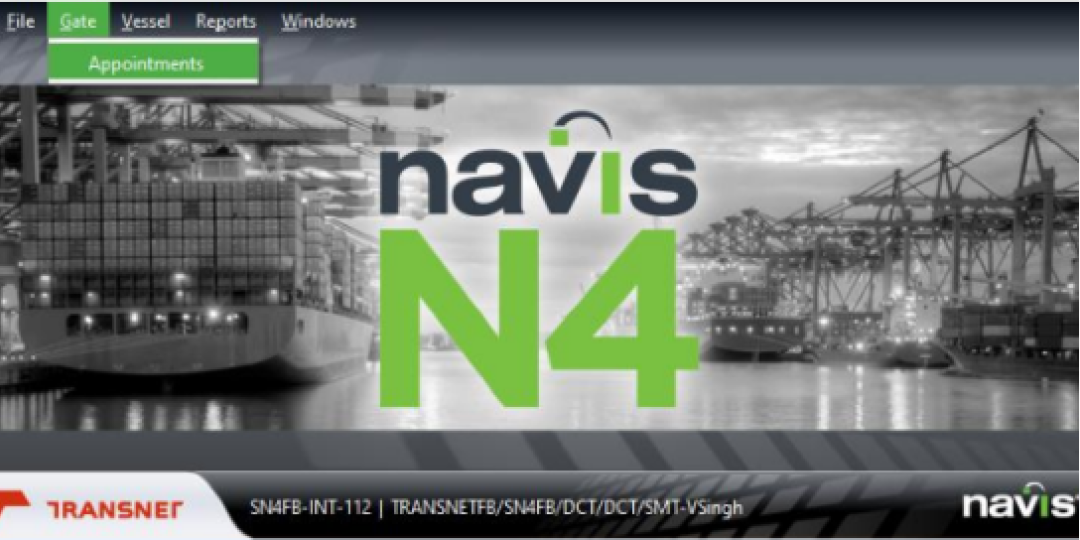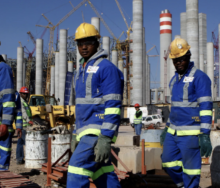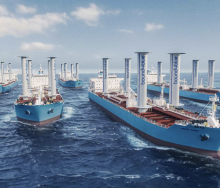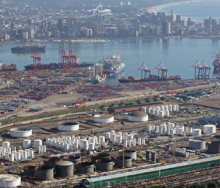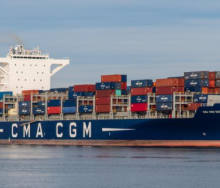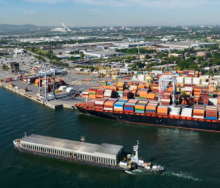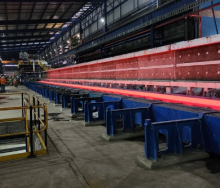A 14-day pilot solution has been proposed by Transnet Port Terminals (TPT) and private-sector stakeholders to resolve land-side delays in cargo movement, primarily because of the parastatal’s truck-slot booking system, which has played havoc with harbour carrier operations.
A statement released by TPT says the initiative could be instituted this week, and that the intention is for it to “help with truck bookings at the Durban Container Terminal (DCT)”.
The state-owned logistics company said the plan had emerged out of the engagement it had with industry last Thursday.
The TPT statement said: “The two-week pilot which will be fully adopted if successful, includes dedicating 16 straddle carriers to service trucks on the landside.
“Currently, there are six windows in a 24-hour period where an average of 325 truck booking slots are made available every four hours. As part of the pilot, this will change to two windows in a 48-hour period where an average of 2 840 truck booking slots will be made available in one go.
“This would allow smaller transporters with less resources to compete fairly with bigger transporters who had dedicated administrative staff to secure bookings.”
Attempts to clear backlogging at DCT include a volume-driven approach in which all import container releases of more than 50 containers per transporter per vessel will not require any bookings for evacuation.
“However, group import release codes will be used with start and end times applied,” TPT said.
Regarding recent accusations by harbour carriers that block bookings by large concerns were not redeemed and forfeited for the entire industry without slots being re-added into the system, the logistics utility said: “The wasting of slots was a critical matter and both parties agreed that transporters responsible for wasting slots would face penalties.
“As a way of work, the terminal would firm up stacks earlier and share with transporters 24 hours in advance.”
TPT said it acknowledged the representatives of transport logistics associations, with over 300 members in trucking that raised the need for DCT Pier 2 to speed up its equipment replacement plan, as this was partly to blame for current challenges.
This was especially in view of increasing macroeconomic pressures and an industry in distress, the statement said.
Data from DCT’s Pier 2 truck booking systems supports analysis that demand currently weighing on existing capacity, confirms the following analysis, “that a total of 224 944 trucks had been handled by end July”.
“This was an average of 1 950 truck booking slots made available per day,” TPT said.
“Of these, an average of 203 slots were wasted daily – where bookings were made and not used. Of the total transport companies on the database, less than 10% were able to secure more than four slots per window.
“Also, when slots were made available – they were taken up within 30 seconds from the time they were made available. This is owing to the competitive nature of the logistics sector, especially in Durban, as the largest maritime hub in the country.”
In relation to complaints that the booking system was open to exploitation and abuse, the statement said: “The Transnet Forensic Investigations Unit was investigating allegations of corruption related to the manipulation of the truck booking system by users and employees alike, following several media reports where the matter has been raised.”
Nothing further about the investigation is contained in the statement.
Regarding ongoing efforts to improve operational output through equipment improvements, TPT said: “DCT Pier 2 will receive components of the first batch of 20 straddle carriers arriving later in the year as an improvement in equipment availability will contribute to improved operations.”
On Tuesday morning a harbour carrier representative requested to reserve comment until further discussions with Transnet were concluded on August 13.
